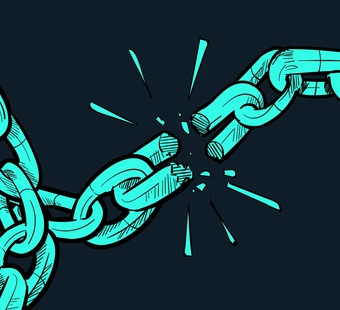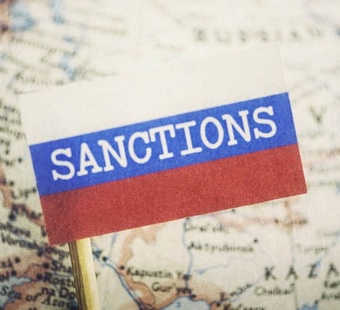Research publications
Our research
Research publications

Filter by:
Project
-
Minimizing corruption risks i…
-
Improving sanctions policy
-
Антикорупційна експертиза чин…
-
Transparent cultural policy
-
Monitoring the implementation…
-
Assessment of corruption risk…
-
Development, improvement and …
-
Effective and transparent pro…
-
Efficient reparations now
Year
-
2020
-
2021
-
2022
-
2023
-
2024
-
2025
Clear filters

Analysis of the practice of the High Anti-Corruption Court regarding the application of sanctions in the form of confiscation of assets to the state budget for 2022-2025
This study presents an analysis of 56 cases of the High Anti-Corruption Court in which the sanction of asset forfeiture to the state was applied
19 June 2025

Analytical Brief on the Real Estate of Russian General Valery Kapashin
The publication was prepared within the framework of a project monitoring the activities of the National Agency of Ukraine for Finding, Tracing and Management of Assets Derived from Corruption and Other Crimes (ARMA).
10 June 2025
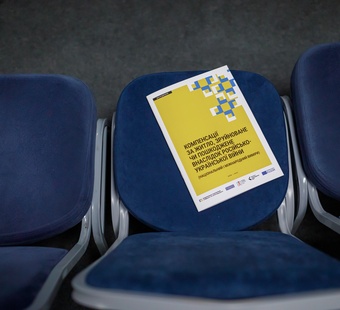
Compensation for housing destroyed or damaged by the Russian–Ukrainian war
The study analyses international norms, experiences of post-conflict countries, domestic legislation, and case law along the path of a victim.
6 June 2025
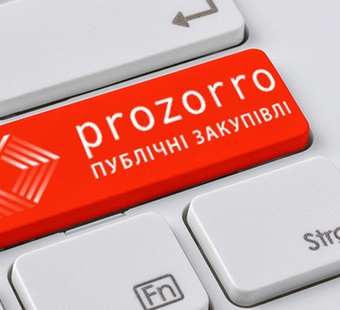
Analytical paper on unsuccessful tenders for the transfer of 6 seized assets into management on the Prozorro
The publication was prepared within the framework of the project on monitoring the activities of the National Agency of Ukraine for finding, tracing and management of assets derived from corruption and other crimes (ARMA). The focus of attention of the Institute of Legislative Ideas is on practical aspects of transferring seized assets into management, Analytical document on unsuccessful tenders
5 June 2025

White Paper: The Future of European Leadership in the Economic Deterrence of Aggression
Global security threats are growing in scale and complexity – reaching deep into finance, trade, and critical technologies. That is why economic measures, such as sanctions and export controls, have become not only instruments of political pressure, but also core components of modern security policy

25 May 2025
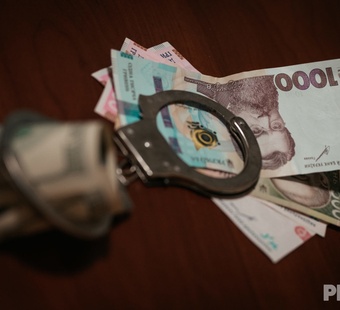
Explanatory notes to the Draft Law on Amendments to the Criminal Code of Ukraine, the Criminal Procedure Code of Ukraine and the Law of Ukraine ‘On Sanctions’ regarding the establishment of liability for violations of special economic and other restrictive measures (sanctions) No. 12406
The criminalisation of violations of restrictive measures should be carried out with mandatory harmonisation, as far as possible without fundamental changes to existing legal institutions, with EU Directive 2024/1226 on the definition of criminal offences and sanctions for violations of restrictive measures of the Union of 24 April 2024

Аналітична записка щодо арештованої частини магістрального нафтопродуктопроводу «Самара - Західний напрямок», яка опосередковано належала Віктору Медведчуку
У тимчасове управління було передано арештовану частину магістрального нафтопродуктопроводу «Самара - Західний напрямок», яка проходить територією України, і яку перед цим неправомірно контролювали структури, пов’язані з проросійським політиком Віктором Медведчуком.

Analytical note ‘Glusco Assets’
The administrator for the assets of the Glusko Group was appointed by the Cabinet of Ministers of Ukraine in accordance with the procedure set out in Article 21 of the Law of Ukraine ‘On the National Agency of Ukraine for the Identification, Investigation and Management of Assets Derived from Corruption and Other Crimes’.
5 May 2025

Analytical Report on the yacht “Royal Romance” owned by Viktor Medvedchuk
Аналіз охоплює типи активів, що передаються в управління, типові проблеми, що виникають на різних етапах цього процесу, а також системні чинники, які перешкоджають ефективному управлінню.
2 May 2025

Analytical note on the asset of the multifunctional shopping and entertainment center Gulliver
Аналіз охоплює типи активів, що передаються в управління, типові проблеми, що виникають на різних етапах цього процесу, а також системні чинники, які перешкоджають ефективному управлінню.
2 May 2025

За лаштунками Держкіно: Аналіз управління та ефективності державної кінополітики
Цю публікацію підготовлено за підтримки Міжнародного фонду «Відродження» в межах реалізації проєкту «Забезпечення прозорості та інституційної стійкості діяльності Українського культурного фонду (УКФ) та Держкіно», який здійснюється в межах програми «Соціальний капітал».
15 April 2025

The concept of a seized assets management model, taking into account Draft Law № 12374-d
The current model of managing seized assets through ARMA does not ensure the effective receipt, transfer and management of thousands of assets.
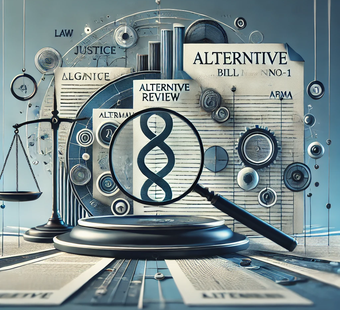
Report on the alternative draft law №12374-1 on the activities of the ARMA
The alternative draft law №12374-1 aims to improve the legal regulation of the National Agency for Finding, Tracing and Management of Assets (ARMA). The main provisions concern guarantees of the agency's independence, the procedure for selecting its head

Foreign experience in managing seized assets: recommendations for Ukraine
This analytical research analyzes the experience of managing seized assets in the United States of America, the United Kingdom, and the European Union (Italy, France, and the Netherlands).
13 Jan. 2025

Best approaches to criminal prosecution of sanctions violations: Ukrainian and international context
The need to criminalise the violation and circumvention of sanctions in Ukraine is a long-standing issue. At the same time, our foreign partners are already effectively prosecuting sanctions violators and those who facilitate sanctions evasion through criminal law.
9 Jan. 2025

Report on the draft law №12374 on the activities of the ARMA
The draft law proposes to strengthen independence by defining the procedure for selecting the Head of the National Agency for Asset Recovery and Management (ARMA), the procedure for selecting ARMA employees, as well as by establishing the mandatory independent external evaluation of ARMA's activities and the annual external audit of ARMA's activities.
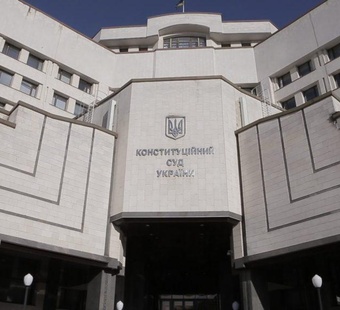
Amicus Curiae opinion
By the Think Tank «Institute of Legislative Ideas» on the constitutional complaint by AEROC Investment Deutschland GmbH
30 Dec. 2024
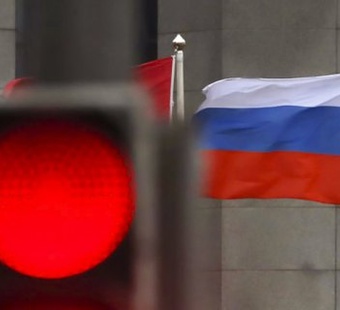
Moratorium on the fulfillment of obligations to Russia and persons associated with the aggressor state: analysis of court practice
Russia has committed an act of armed aggression against Ukraine. However, Russia's influence on our country has deep roots. In the economic sphere, it stems from the legacy of the shared economic past of the Soviet Union and Ukraine's ambiguous multi-vector policy in the early years after regaining independence in 1991
26 Dec. 2024

TOP-10 corruption risks of medical and social examination for disability determination
The document offers updated recommendations for minimizing corruption risks, taking into account the legal regime of martial law.
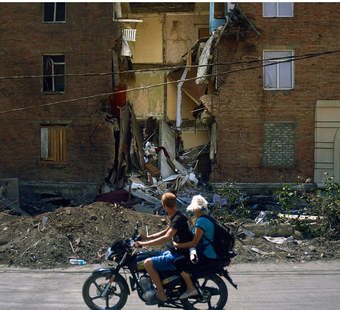
What should the International Register of Damage take into account when designing procedures for submitting and reviewing applications concerning destroyed or damaged housing?
This document outlines the major challenges faced by owners of damaged or destroyed real estate when documenting losses with a view to obtaining compensation.
14 Sept. 2024
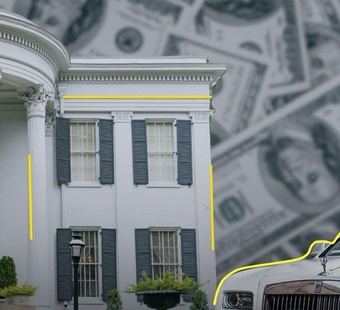
Assessment, management and implementation of assets in ARMA. How to improve the efficiency and functionality of the agency
The publication was published by the Institute of Legislative Ideas with the support of ICAP Ednannia within the framework of the Sectoral Support Initiative for Ukrainian Civil Society, implemented by ICAR Ednannia in consortium with the Ukrainian Center for Independent Political Research (UCIPR) and the Center for Democracy and Rule of Law (CEDEM).
13 Sept. 2024

Submitting a claim for damages to the Register of Damages for Ukraine: practical advice to victims
The Manual, developed on the basis of official documents of the Registry, is intended to help victims receive clear and concise information on the possibility of filing a relevant application and the steps to be taken.
12 Sept. 2024
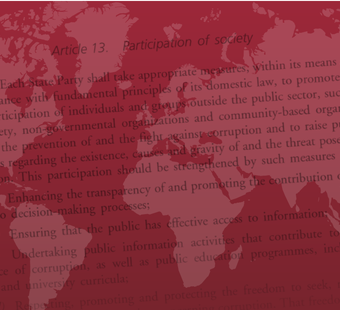
CIVIL SOCIETY REPORT on the implementation of Chapter II (Prevention) & Chapter V (Asset Recovery) of the UNCAC
With the aim of contributing to the national UNCAC review in Ukraine in its second cycle, this parallel report was written by Institute of Legislative Ideas, using the guidance materials and report template designed by the UNCAC Coalition and Transparency International.
12 June 2024

An effective and transparent procedure for accreditation of legal education programs as a prerequisite for the quality of legal education
Report on the results of the analysis of the practice of accreditation of educational programs
10 June 2024

Policy Brief: Effective and Transparent Accreditation Procedure for Law Degree Programmes as a Prerequisite for the Quality of Legal Education
This policy brief presents the results of an independent study of accreditation by the National Agency for Higher Education Quality Assurance of study programmes in the specialities 081 ‘Law’, 293 ‘International Law’ and 262 ‘Law Enforcement’ for 2020-2022.
10 June 2024
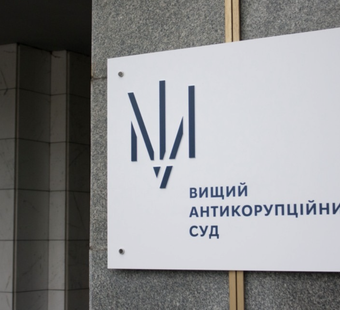
Establishment of actual control over the asset and protection of the rights of third parties in the practice of applying the sanction of asset recovery to the state revenue.
The study focuses on the sanction provided for in paragraph 1-1 of Part 1 of Article 4 of the Law of Ukraine “On Sanctions”, namely, the recovery of assets belonging to an individual or legal entity for the benefit of the state.
29 May 2024
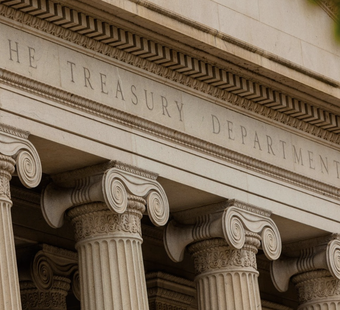
How sanctions are enforced in the United States: a multi-level mechanism of responsibility
The research focuses on the mechanism of enforcement of sanctions restrictions in the United States and the two levels of liability for circumventing sanctions - civil and criminal. This mechanism has demonstrated its effectiveness and can serve as an example for both Ukraine and other Western democracies interested in the strength of sanctions policy.
30 April 2024
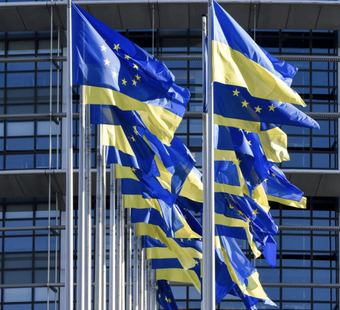
EU Directive 2024/1226 on the criminalization of sanctions violations: Overview and recommendations for Ukraine
The study analyzes the European Union Directive 2024/1226 on the definition of criminal offenses and penalties for circumvention of sanctions and the main principles of criminalization of non-compliance with restrictive measures in Ukraine.
30 April 2024
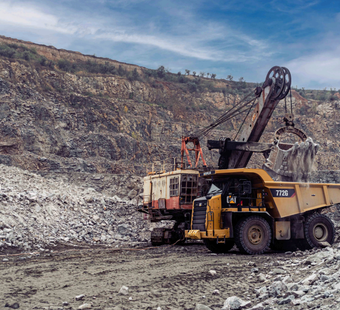
Analysis of the impact of sanctions on the operations of extractive companies
A study on blocked subsoil enterprises with detailed performance indicators
15 April 2024




